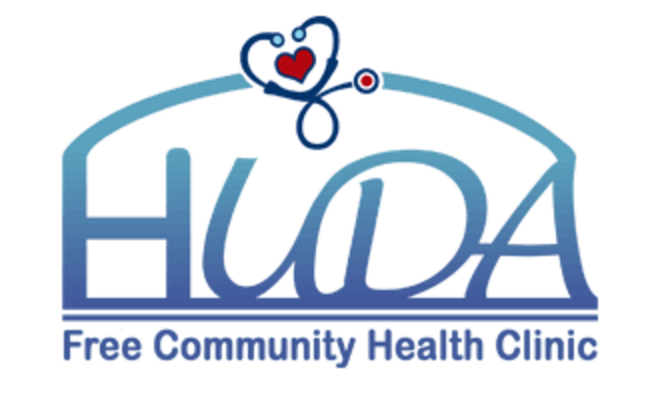Promoting Healthy Marriages
By Adil James, TMO
 |
Prof. Hamada Hamid of Yale University speaks to the audience at the “Promoting Healthy Marriages†meeting. |
Bloomfield–March 14–The Muslim American community is increasingly coming to terms with the fact that it is subject to the same pressures that have unfortunate effects on the rest of the society, such effects as substance abuse and divorce.
And so on Friday the ISPU conducted an informational seminar at the Bloomfield Muslim Unity Center, where they displayed the results of the study on marriage that they had sponsored, presented by researchers Amal Killawi and Hamada Hamid.
Amal Killawi is a clinical social worker and researcher, previously associated with ACCESS, the hugely successful and regionally dominant Dearborn community services center. Hamada Hamid is a professor in Neurology and Psychiatry at Yale University.
The researchers presented a brief form of their findings to about 100 people who gathered from Bloomfield’s community.
They had interviewed in the course of their research a small number of married Muslims and a small number of divorced Muslims, and several imams, and had gone in depth into the reasons for success or failure of each marriage, with an eye toward building community programs nationwide for the Muslim community to help prevent divorce and to help foster successful marriages.
The theme of their speeches was that the underlying need is for more communication–communication to teach kids what they can expect when they marry, communication to imams to let them know that clinical social workers and psychologists are available and “waiting in the wings†to help with marital and family problems, and communication to “train†imams for dealing with family issues.
In fact both researchers seemed to emphasize the importance of counseling when marriages are in difficulty–but also that it is better for counseling to begin before difficulty escalates into full-blown problems.
ISPU emphasized that this is only the first study of its kind–and that future studies will be able to build on the lessons and successes, and perhaps the holes left unstudied, by this current study.
Some of the discoveries from this first exploration of the topic included that 1) many Muslims got into marriage without really evaluating the person they were marrying, 2) many Muslims were unaware in advance that marriage required preparation and an investment of time and effort (even prior to the wedding)–and put more effort into planning the wedding than into planning the marriage.
The researchers emphasized that the community should de-stigmatize, and rather encourage, seeking counseling before marriage. They found that many of their interviewees would easily have been swayed to engage in premarital counseling, if their imam or someone had merely suggested it was a good idea.
The result of the ISPU study was a long list of recommendations at different levels of the community–for counseling professionals, couples planning to marry, and imams and mosque leadership including a marriage database to track the success of community marriages and explicit celebration of healthy marriages.
One takeaway from the meeting was that marriages in the Muslim community are sometimes haphazard and rushed affairs. Another takeaway was that people intending to marry must take some time to think about who they are, and perhaps to learn more about what to expect in marriage by talking to others, and to seriously consider and question their own and their partner’s assumptions about how the marriage will be–since perhaps they are assuming contradictory things–perhaps not a big deal if addressed sincerely from the beginning and not glossed over–but potentially painful if left unresolved or unrevealed, and in conflict. Another takeaway was that the study’s researchers felt very strongly that imams and also married people should work early and often with counselors.
16-13












2014
745 views
views
0
comments